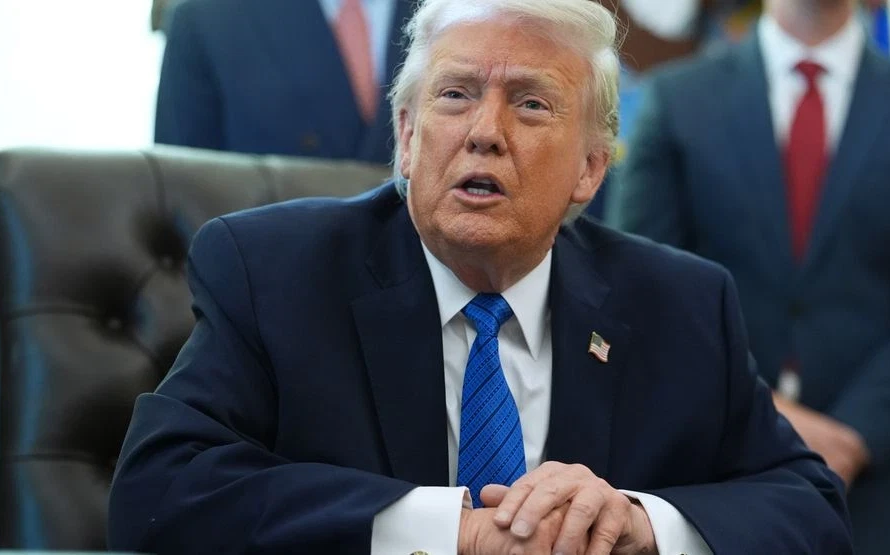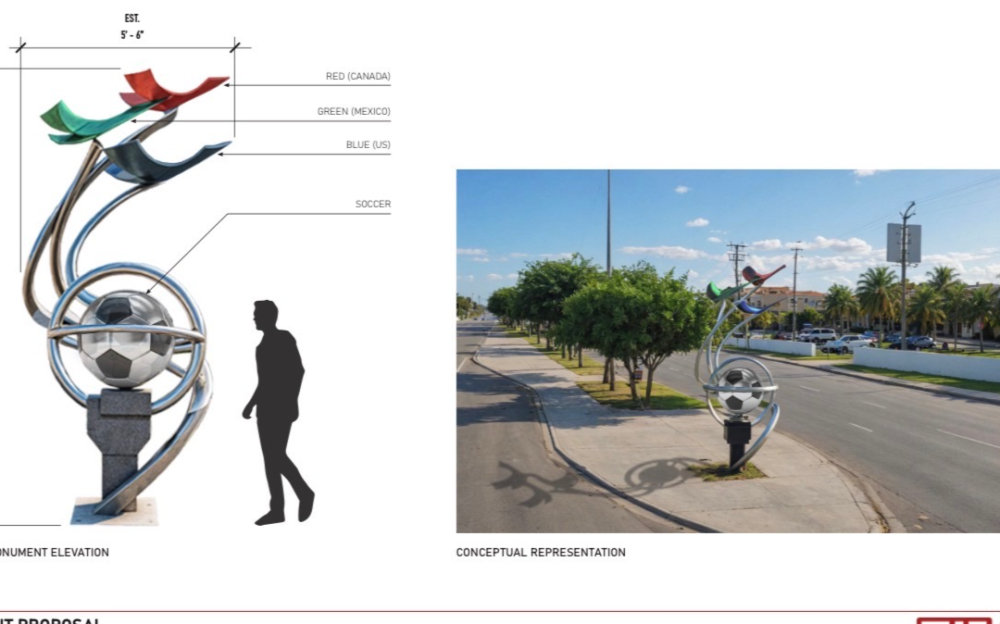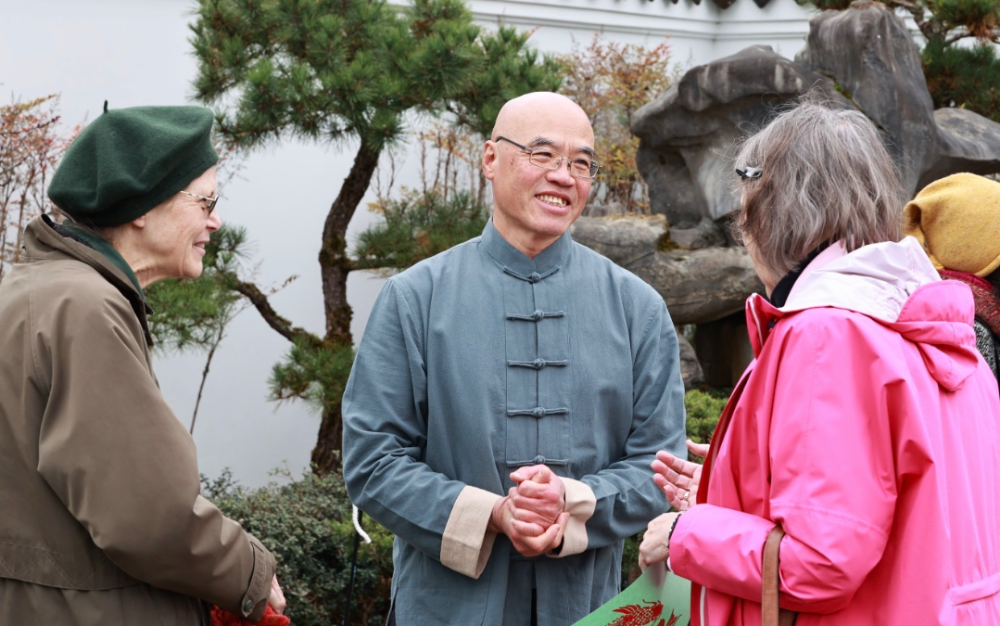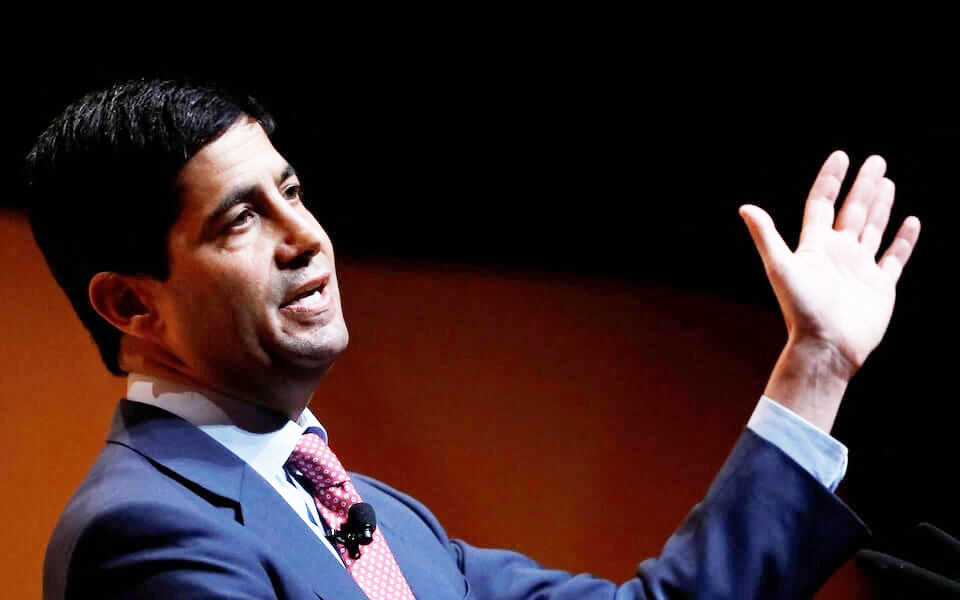新建美俄會和解嗎?峰會在即,外交試探與政治算盤並行草稿
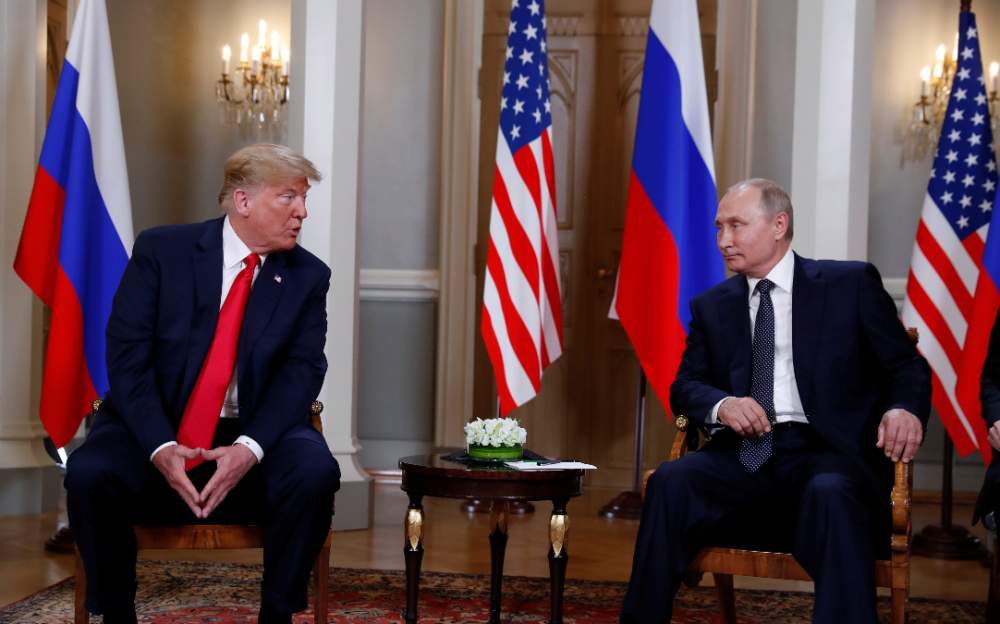
Will The U.S. And Russia Reconcile? Joint Summit Approaches Amid Diplomatic Probing And Political Calculations
In recent weeks, relations between Washington and Moscow have shown tentative signs of thawing. The Kremlin has acknowledged that normalizing ties with the United States will take both time and patience, describing it as a process with “inertia” — one that cannot be accomplished overnight. On August 6, U.S. envoy Steve Witkoff held a three-hour “productive” meeting with senior Russian officials in Moscow, signaling that Washington is testing the waters diplomatically while maintaining its pressure.
The biggest headline, however, is that President Trump has announced an August 15th summit with Russian President Vladimir Putin in Alaska. The meeting is expected to focus on advancing peace in the Ukraine war, and will include discussion on a highly controversial “land-for-peace” ceasefire draft. The proposed agreement could tacitly recognize Russian control over parts of Ukrainian territory — a move that would undoubtedly draw strong backlash from Kyiv and European allies.
At the same time, the White House is consulting with European partners to evaluate Putin’s ceasefire proposal, while keeping the option of new sanctions on the table. This “dual-track” strategy suggests that the United States is willing to explore compromises at the negotiating table while retaining leverage should talks falter.
Historically, the U.S. and Russia have clashed repeatedly, yet they have also found ways to cooperate during moments of crisis — from post–Cold War nuclear arms reduction to counterterrorism efforts. Veteran Kremlin figure Nikolai Patrushev has stressed that rebuilding trust is difficult, but both possible and necessary.
Still, uncertainty looms large. The war in Ukraine affects not only bilateral relations, but also Europe’s security architecture and the global energy market. The Alaska summit could mark a turning point — or it could be just another high-profile diplomatic experiment. True “reconciliation,” if it is to come at all, will likely require far more time, political will, and room for compromise.



























